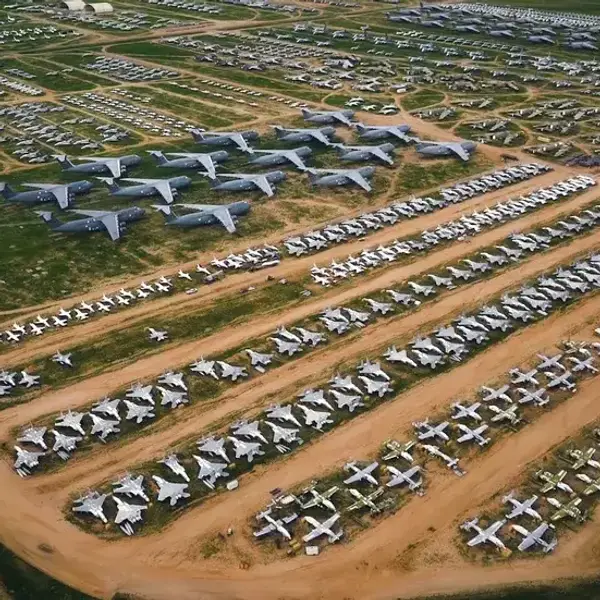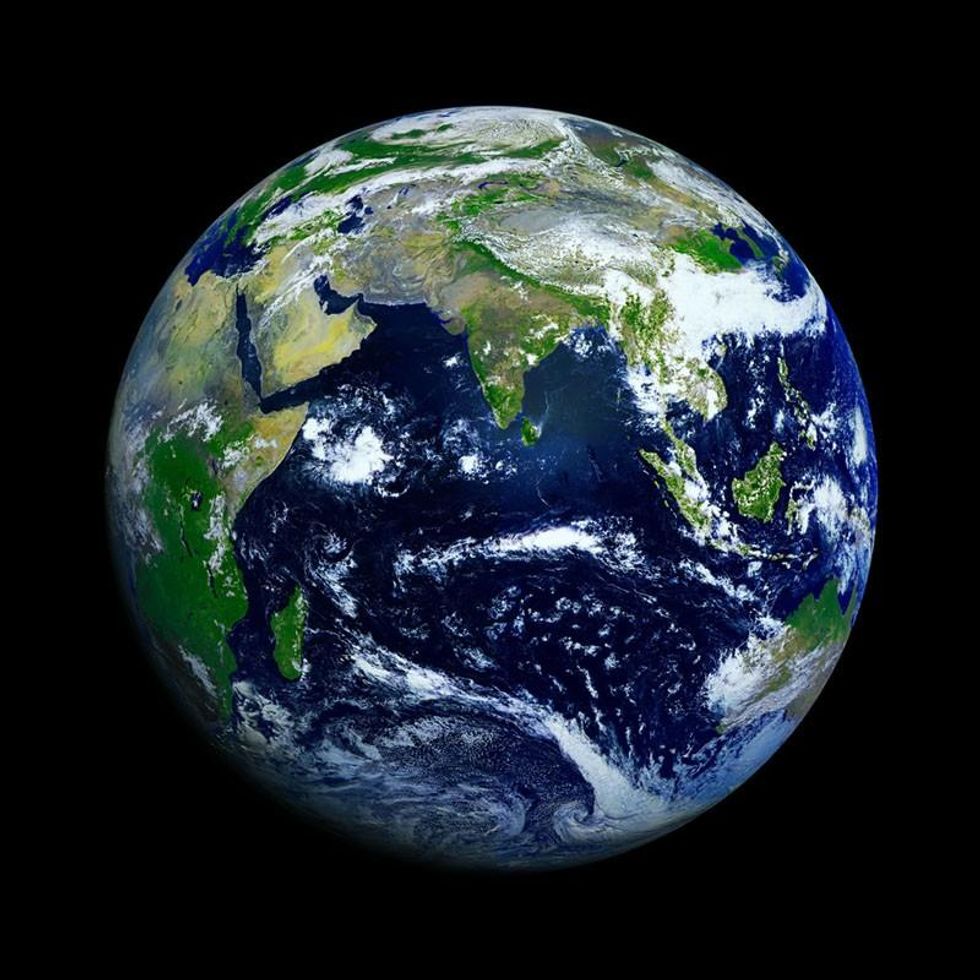This Earth Day, let's quit being extremists.
That's what the U.S. economy relies on right now, and that's how the huge mineral and fossil fuel companies are making their money: extremism.
When they peel off layers of the Earth for oil and make poisonous tar sands, they are acting like extremists.
And when they crack and contaminate aquifers for natural gas, a process known as fracking, they are acting like extremists.
And when they blow off the top of a mountain for coal, or maybe just put an oil well in a pristine ecosystem and drill 20,000 feet down into the depths of our ocean, they are acting like extremists.
It is arrogant, and it is wrong.
And often, Native peoples pay the price.
The DeBeers mining company has invaded the Cree territory of the far north of Canada's James Bay, pulling $5 billion worth of diamonds out annually, and relegating the Cree people to Third World conditions. Their water is contaminated, and a plague of scabies and impetigo has hit the tribe.
Elsewhere in Canada, companies are proposing to create massive mines in pristine watersheds. The acid runoff could ruin our habitat, and the cyanide could drain into our water lifeblood.
In Wisconsin, a mining company called Gogebic Taconite helped draft a law earlier this year that allows it to contaminate wetlands in the watershed of the Bad River Ojibwe just a few miles from Lake Superior. Gov. Scott Walker and the Republican legislature did the company's bidding.
Similarly, Prime Minister Steven Harper has done the bidding of the oil and gas companies in Canada, running roughshod over treaty rights and environmental laws. Harper is trying to force some 600-plus First Nations to surrender their rights and grant access to extreme extraction.
But the extremists who would destroy the Earth have not recognized the power of people and resistance.
In Canada, the "Idle No More" campaign emerged in the depth of winter, and this spring, has taken root, as First Nations stand against the Harper administration and the corporations.
In Wisconsin, the 11 sovereign Native governments have united in opposing the new mining law. Joining them are environmentalists, farmers and those who make their living via tourism.
And across the United States and Canada, a huge grassroots movement is challenging the Keystone XL pipeline.
We are raising our voices, prayers and our actions with purpose.
That purpose is to stand against greed and destruction. That purpose is to preserve this Earth.
The oil and coal companies hold five times more carbon on their balance sheets than we can actually burn without burning up the planet.
We won't bow to their extremism.
As Mike Wiggins, tribal chairman of the Bad River Ojibwe, says, "Seems like people aren't interested in sticking around for another thousand years."
We would like to be those who stick around, and we are intent upon that stand for our Mother Earth.




